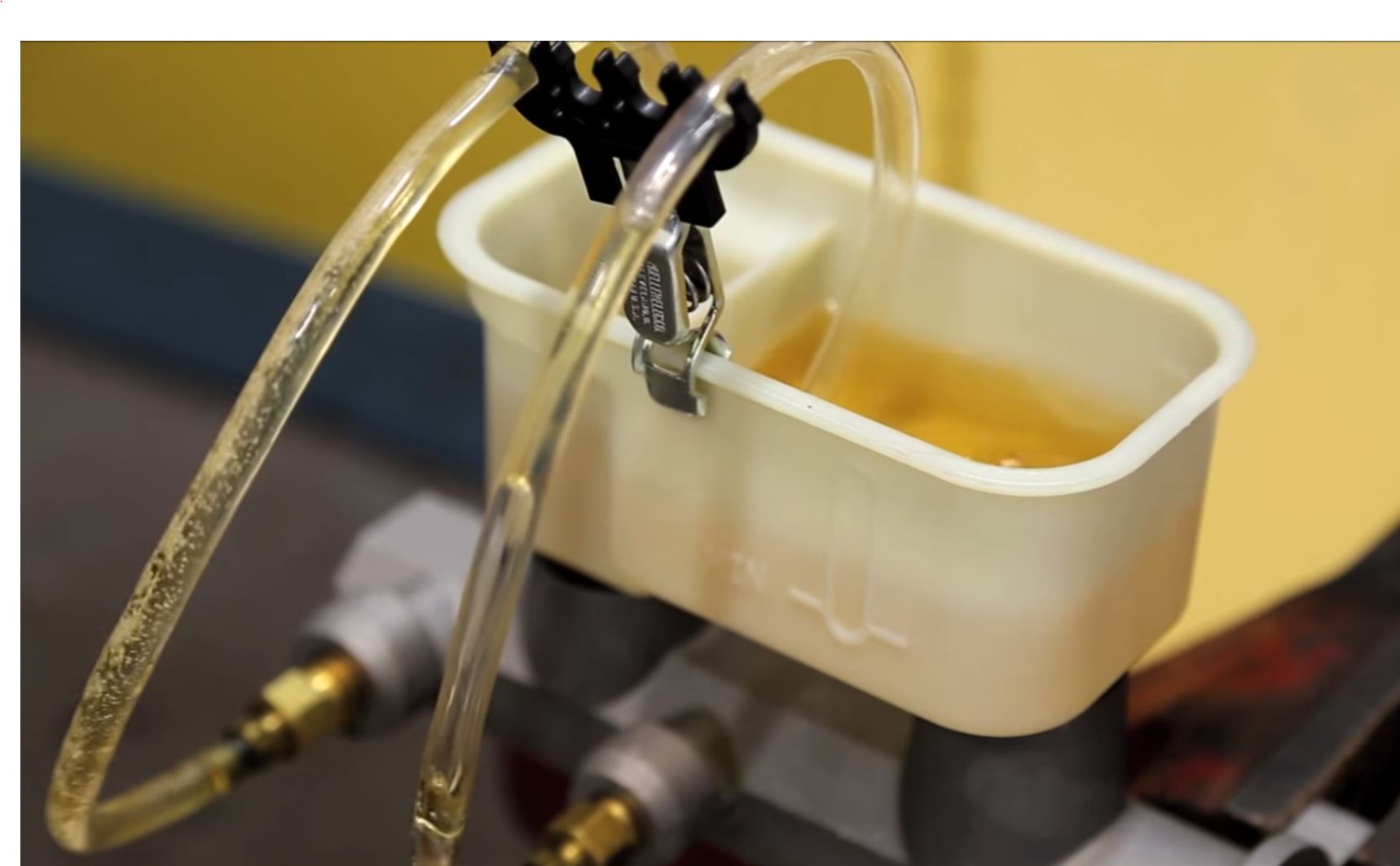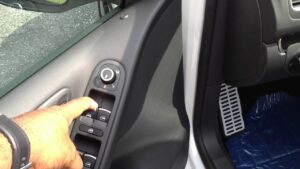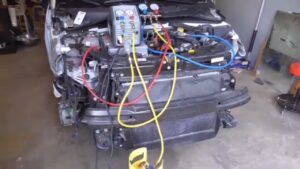If you’ve ever had to replace a master cylinder in a vehicle, you may have come across the term “bench bleeding.” Bench bleeding is a crucial step in the installation process that ensures the master cylinder is free from any air bubbles. But what happens if you skip this step? Let’s find out.

Credit: www.motortrend.com
What is bench bleeding?
Bench bleeding involves filling and purging the master cylinder with brake fluid before it is installed in the vehicle. This process ensures that no air is trapped inside the cylinder, which can cause a spongy or soft brake pedal feel.

Credit: www.onallcylinders.com
The consequences of not bench bleeding
If you fail to bench bleed the master cylinder before installing it in your vehicle, it can lead to several issues:
- Trapped air: Without bench bleeding, there is a high chance of air being trapped inside the master cylinder. This can result in reduced braking performance and a spongy brake pedal feel.
- Difficulty in bleeding brakes: If air is present in the master cylinder, it can make it more challenging to properly bleed the brakes later on. This can lead to a longer and more tedious bleeding process.
- Potential safety hazards: A spongy brake pedal and reduced braking performance can compromise your vehicle’s ability to stop effectively, posing a safety hazard to yourself and others on the road.
How to bench bleed a master cylinder
Bench bleeding a master cylinder is a relatively straightforward process. Here are the steps:
- Secure the master cylinder: Place the master cylinder in a vise or use a bench bleeding kit to hold it securely.
- Attach bleeding hoses: Connect the provided bleeding hoses from the outlet ports on the master cylinder back into the fluid reservoir.
- Fill with brake fluid: Fill the master cylinder with fresh brake fluid, making sure to keep the reservoir topped up throughout the bleeding process.
- Purge the air: Using a screwdriver or similar tool, gently press and release the master cylinder’s piston until no more air bubbles are visible in the brake fluid.
- Final checks: Double-check the fluid level in the reservoir and ensure that all air bubbles have been purged from the master cylinder.
By following these steps, you can ensure that your master cylinder is properly bench bled and ready for installation in your vehicle.
Frequently Asked Questions On What Happens If You Dont Bench Bleed A Master Cylinder
Can You Install A Master Cylinder Without Bench Bleeding?
No, it is almost impossible to install a master cylinder without bench bleeding. Disconnecting brake lines, replacing or rebuilding the master cylinder, and reattaching it without introducing air into the system is very difficult. Bench bleeding is necessary to avoid issues like spongy brake pedal feel and reduced braking performance.
Will Master Cylinder Eventually Bleed Itself?
The master cylinder does not automatically bleed air out of the piston when filled. It needs to be bench bled, or performed outside of the vehicle. Although it is possible to bleed it in the car, it takes longer and requires two people – one to watch for bubbles and one to push the brake pedal.
Neglecting to bench bleed the master cylinder can result in air being trapped, leading to spongy brakes and reduced performance.
What Happens If Air Gets Into Master Cylinder?
If air gets into the master cylinder, it can lead to a spongy or soft brake pedal feel, reduced braking performance, and potential safety hazards. It is essential to bench bleed the master cylinder before installing it to prevent air from being trapped.
Failure to do so may result in the introduction of air into the braking system.
What Will Happen If Brakes Are Not Bled Correctly?
If brakes are not bled correctly, it can result in air being trapped in the master cylinder. This can lead to a spongy or soft brake pedal feel, reduced braking performance, and potential safety hazards. It is important to properly bleed the brakes to ensure adequate hydraulic pressure for proper braking.
What Happens If You Don’t Bench Bleed A Master Cylinder?
If you don’t bench bleed a master cylinder before installing it in a vehicle, it can lead to air being trapped in the master cylinder. This can result in a spongy or soft brake pedal feel, reduced braking performance, and potential safety hazards.
Conclusion
Bench bleeding a master cylinder is a crucial step in the installation process that should not be skipped. Failing to bench bleed can result in trapped air, reduced braking performance, and potential safety hazards. By taking the time to properly bench bleed your master cylinder, you can ensure optimal braking performance and peace of mind on the road.





